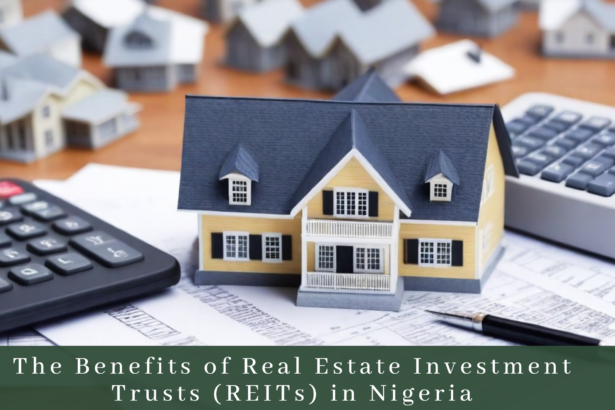Over the last few years, demographic considerations, such as population growth, urbanisation trends, age distribution, income levels, and cultural preferences, have had a significant impact on the Nigerian real estate market. Consequently, the country’s demand for and the type and development of real estate properties are greatly influenced by these demographic changes:
- Population Growth and Urbanisation
Nigeria’s population is expected to rise at a high rate, making it one of the most populous countries in the world by 2050. Urbanisation is fueled by this growing population, which raises the demand for residential and commercial real estate in major cities like Lagos, Abuja, Port Harcourt, and some other areas. The demand for housing, amenities, and infrastructure increases as more people move into metropolitan regions.
- Changing Household Structures
The real estate market is also impacted by changes in household dynamics and structures. The kinds of houses in demand are changing due to the increase in nuclear families, single professionals, and young couples looking for contemporary, smaller homes. Developers are compelled to adjust and provide more compact and cheap housing options as a result of the growing demand for apartments, condos, and smaller homes.
- Income Levels and Affordability
The real estate market is greatly impacted by differences in income levels and affordability. While middle-class and lower-class people look for more affordable housing options, high-income earners are more likely to be drawn to luxury homes and posh neighbourhoods. Developers and investors must provide housing options that are scalable to meet the varied range of economic classes.
Nigeria’s population is primarily young, with a large proportion of people under 30. This translates to youthful housing preferences. This group of people frequently favours contemporary, accessible, tech-enabled, and neighborhood-focused living environments. Residential complexes and gated communities are developed based on occupant preferences for features like fast internet, recreational areas, and easy access to social hubs.
- Cultural and Regional Influences
The real estate market in Nigeria is also influenced by the country’s varied cultural landscape and regional variations. Differing areas and ethnic groups may have differing preferences for particular architectural styles, home designs, or community amenities. Developers need to comprehend these preferences to customise their products to the unique needs of different demographic segments.
- Infrastructure Development and Accessibility
Development and accessibility of infrastructure are influenced by demographics. The need for better utilities, healthcare systems, educational institutions, and transportation networks grows as cities and populations do. Improvements to the infrastructure frequently raise the value of real estate in connected areas, which influences investment choices.
- Investment Opportunities
Real estate investors can learn a lot from demographic patterns. Investors can take advantage of new opportunities by identifying places with expanding populations, growing income levels, and shifting preferences. For instance, developing real estate in places where urban migration is on the rise can yield large returns on investment.
Conclusion
Demographics have always and will always significantly influence how Nigeria’s real estate market is shaped. To match real estate products with the changing needs of the market, developers, investors, and legislators must have a thorough understanding of the changing wants, preferences, and behaviours of the populace, and continue to adapt creative housing solutions.




